…I’ll try my best to plan.
I’m a stickler for ideals, but I know that I can only accomplish so much at a given time. A few months ago I mentioned studying for CLEP tests. I never ended up taking any CLEP tests and it turns out they won’t really benefit me now. I think I made a mistake in the CLEP decision – I was trying to use CLEP to get out of studying a subject I wasn’t particularly good at: math. I put all my energies into attempting to pass the mathematics exam just so I wouldn’t have to study that subject in college.
It would have made far better sense to focus on the subjects that are my strengths and get worthy credit for them instead. I would have had at least 4 exams down, and then I wouldn’t have to worry about the math. They say if you tend to struggle in a subject you should just go ahead and take the college course in it anyway instead of trying to get credit for something you aren’t even that good at. When I look back on that, it is so blatantly obvious! What was I thinking? I just blew away the time hoping that I would get out of having to study my least favorite subject. You can only take two tests per test date and only nine students can get in at one time – and the last date is December 17th – and I’ve already registered for college courses, so CLEPing out of them would be pointless because I’m scheduled to take them anyway. Besides, JSU told me they have some rule about earning “quality points” after you take credit by examination exams in order to receive full credit…so, whatever. Just a word of warning to all of you (and my siblings) – don’t make the mistake I made! Work to earn credit for something you excel at first and work on perfecting your weaknesses later when it comes to credit by examination tests.
As for college, all of my Spring 2009 Semester classes will be online. My current plan is to major in History and minor in Political Science. My courses will be American History, English, Geography and American Government (LORD willing and I can get into that class – I’m still waiting). Introduction to Theatre Arts is another possible class I might enroll in.
Meanwhile, I plan to spend the month of December completing my screenplay revision and updating our Fair Hills Farm website to sell our e-books, seminar talks, etc. (check out the Girlhood Home Companion website as well – mp3 downloads and CDs are coming soon!).
~Amanda~

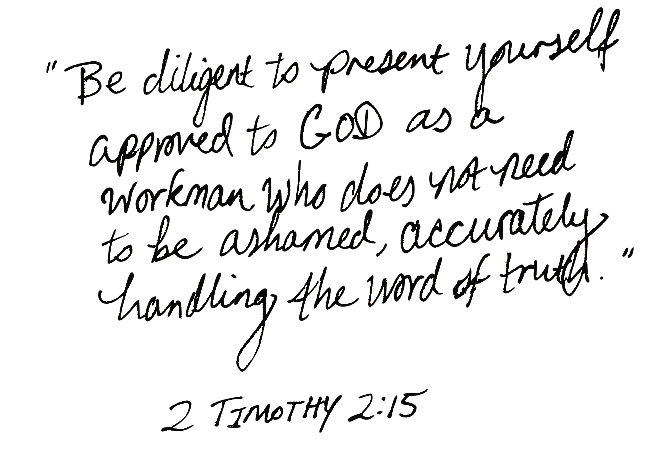


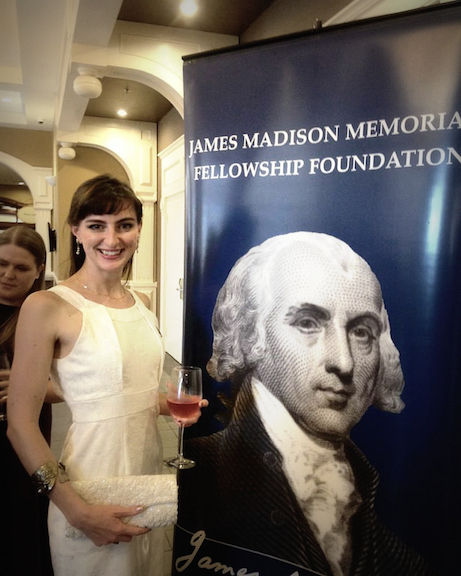
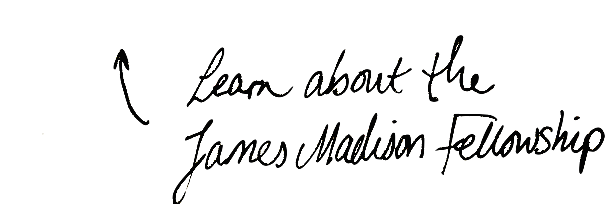


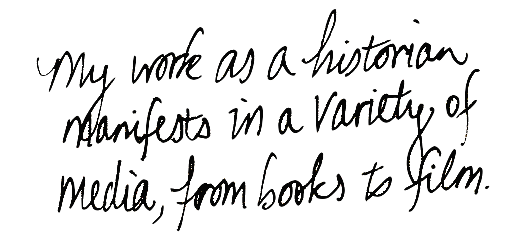
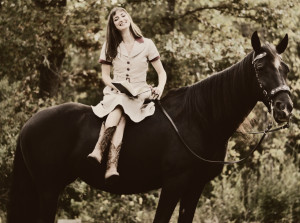




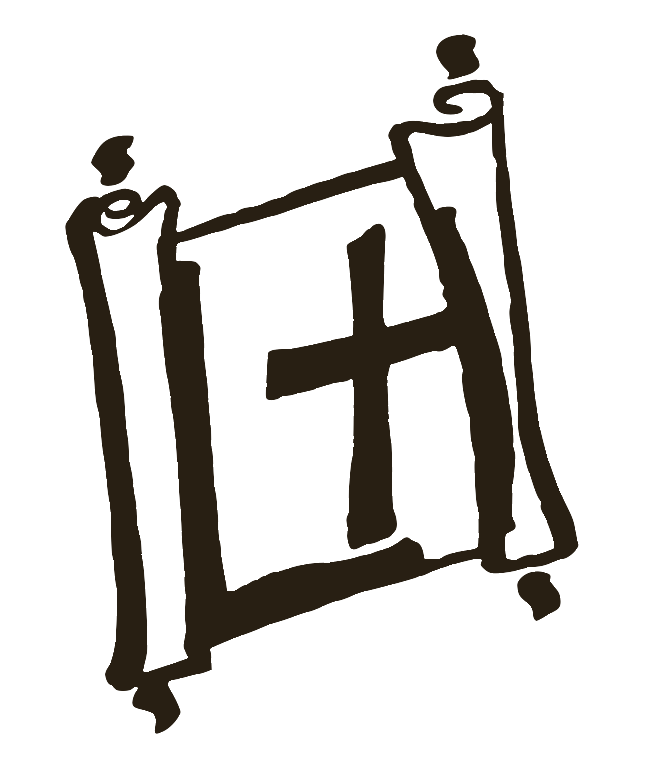
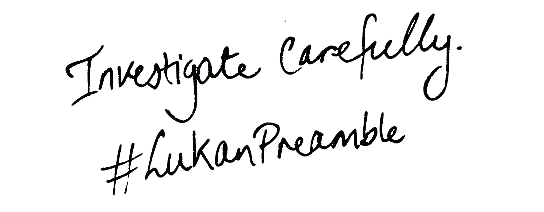
HAPPY THANKSGIVING!!!!!!
Greetings Amanda,
I just thought I would stop by and say hello and to reply to your comment…
I hope you are doing well. I know what you mean about the CLEP tests, I looked into those as well. I’m not much for math myself… I always enjoyed history or writing… (still do… 😉
Have you been creating anything new on the loom or knitting? I was making a scarf, but then I ran out of yarn…sigh…So right now I am working on creating another custom costume… (very detailed, but fun) and then I am making some Christmas Presents.
Merry Christmas!
sincerely,
Brielle
Why is there a picture of Darwin on the ‘Atheist’ link? Darwin was not an atheist.
Though reticent about his religious views, in 1879 he responded that he had never been an atheist in the sense of denying the existence of a God, and that generally “an Agnostic would be the more correct description of my state of mind.” He went as far as saying that “Science has nothing to do with Christ, except insofar as the habit of scientific research makes a man cautious in admitting evidence. For myself, I do not believe that there ever has been any revelation. As for a future life, every man must judge for himself between conflicting vague probabilities.”
I think you would find Darwin’s spiritual journey interesting:
http://www.darwinproject.ac.uk/content/view/130/125/
It is a fact that the Anglican church completely accepts and celebrates Darwin’s theories and work as being wholly compatible with the glorification of creation as does the Jewish faith.
Revd Dr Malcolm Brown writes: “There is no reason to doubt that Christ still draws people towards truth through the work of scientists as well as others, and many scientists are motivated in their work by a perception of the deep beauty of the created world.”
http://www.cofe.anglican.org/darwin/malcolmbrown.html
I’m not sure how a comment on that topic ended up all the way back on this post, but anyway…
First of all, I didn’t make that banner. Secondly, I think that the people who did were referring to Darwin’s popular hypothesis of macro evolution, which has become the alternative to Genesis in the religion of atheists. Regardless of what Darwin’s personal or spiritual intentions were, he built the base for a hypothetical philosophy that is riddled with error, and atheists have used it as evidence for their beliefs. I don’t know Darwin’s heart and soul – nobody really does except the LORD Himself – but if he was a serious Christian who believed the Bible to be the literal and inerrant WORD of GOD, he should have considered the cultural ramifications of such writings. However, from even the opening page of “On The Origin Of Species”, I would conclude that he did not believe the species were in anyway designed by a CREATOR as the Bible says they were. Here is an article that someone wrote on the subject of Darwin’s faith ( http://www.visionforum.com/hottopics/blogs/dwp/2009/02/4901.aspx ).
My article on the topic ( http://thecrusadingchemist.com/amandaread/2009/02/13/the-origin-of-the-unoriginal-part-i/ ) explains from a historical perspective the problems of accepting the hypothesis of evolution as science. True science really does point to the intelligent design of a CREATOR, but pseudo science misconstrues evidence. “Piltdown Man”, “Nevada Man”, and “Eohippus” are classic examples of hasty agendas impeding true scientific progress, and that tradition of study began with Charles Darwin, who wasn’t even a trained scientist.
~Amanda~
Post Scriptum:
I forgot one thing in my response. I responded as though Darwin was thought to be a Christian, but I meant to address agnosticism as well.
How would being an Agnostic be any better?
Thomas Huxley (“Darwin’s bull dog”) coined the title “agnostic” to sound more socially respectable (“atheist” was a very negative denotation in the 19th century).
Agnostic actually means “anti-gnostic”, which is a reference to not believing in the gnostic cults. Huxley thus attempted to make Christianity subtly appear to be an unsubstantiated superstition.
~Amanda~
Thanks Allot, I really learned a few good things by coming here tonight.